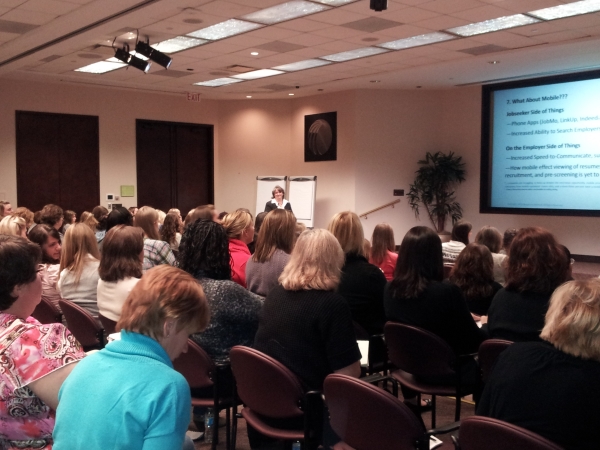WE HELP UNLOCK THE FUTURE OF YOU & YOUR RESUME-WRITING BUSINESS BY:
- Providing Shortcuts to Resumes & LinkedIn Profiles So You Finish Writing Projects Faster
- Outlining Expert Industry & Time-Saving Strategies So You Grow & Scale Much More Efficiently
- Producing Tools That You Can Use (Immediately!) to Increase Your Sales & Marketing Results/ROI
Find out why members have referred to their ResumeBIZ memberships as "a great help" and a "wonderful and best investment."

JOIN FREE / PREVIEW HOW WE HELP YOU & YOUR BUSINESS
Check out what we offer before becoming a paid member. Once a free member, you get a "behind-the-scenes look" at the many tools, resources, and programs provided to monthly, annual, and lifetime members.
WHAT MEMBERS HAVE SAID ABOUT US
Below are a few positive comments we've received from active members.
An Indispensable Resource
"RBIZ is indispensable whether you're just starting out or been in business for several years. It has everything you would need to start and run your resume writing business - tips on smart marketing, banking, dealing with customers (even the toxic ones), etc. It also has classes you can take to gain or sharpen key skills. Pretty much everything you need is right there at your fingertips. It's well worth the moderate monthly fee, which is actually an investment with great returns." — Gail Martin

Increased Sales & List-Building Activities
"ResumeBiz has been a valuable resource in a number of areas of my resume business. From marketing and sales to organizational assets. Using the marketing tools, I have increased my sales and streamlined my list-building endeavors. The improved organization has brought consistency to my processes. In addition, Teena has been there with tips and follow-up emails when needed. If you want to scale or even start your professional resume writing business, I recommend partnering with ResumeBiz." — Skipper Stevens
Great Resource & Best Investment
"RBIZ is a one-stop shop for everything I need to know to get started in my resume writing business. It is a great resource and very affordable. Teena Rose, Founder, is such a great help. I have reached out to her several times and she responds to my questions the same day...usually within a few hours. This is the best investment that I could make for my future." — Brenda Neal

Received More Than Expected
"RBIZ has been a wonderful source for my resume and career coaching needs. Throughout my time as a member, I’ve used these sources and RBIZ assistance to enhance my resume writing and skills. The mentorship I’ve received has been beyond what I’ve expected. I’m thankful for coming across this membership as it’s been an asset to my career." — Melissa Carvalho
Jump in Sales
"Wanted to let you know, I just made another sale. That's two sales in one day from LinkedIn using the selling tips/personality article you wrote. It truly works!" — Amanda Bryant